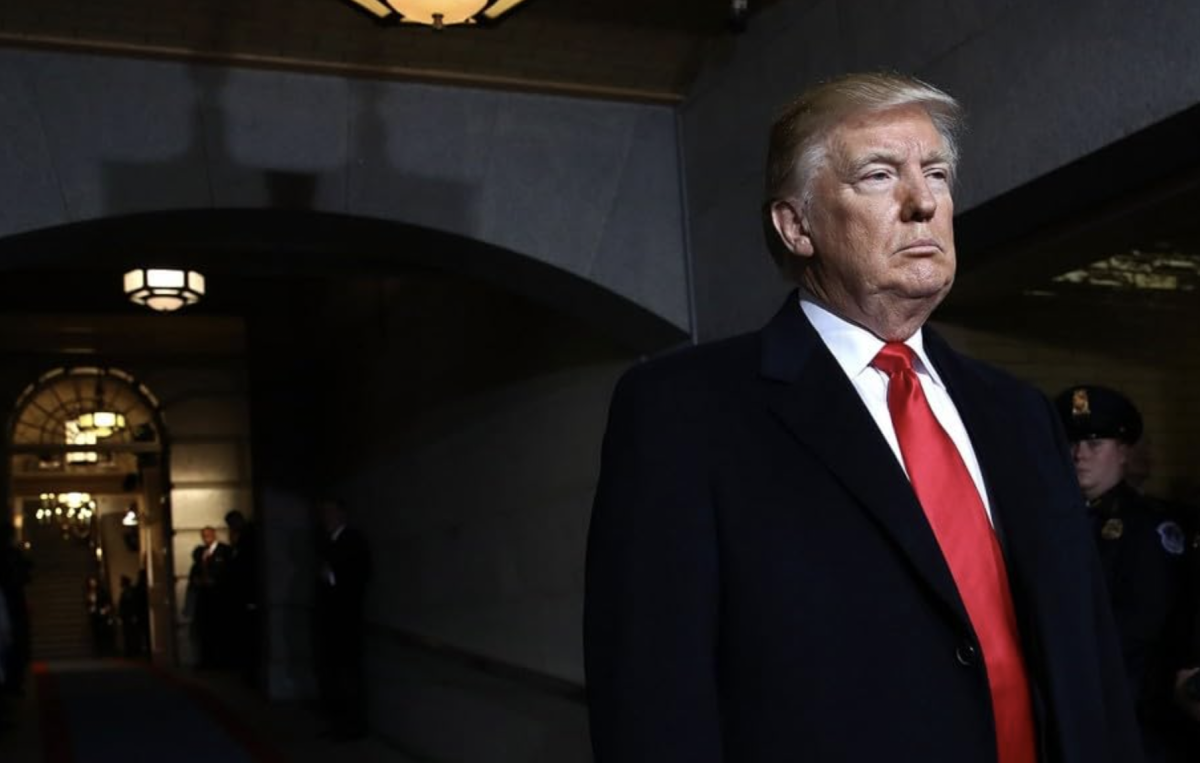
The Student Government Association held a training session for newly elected undergraduate senators Sunday in the Campus Center, which covered the senate’s different committees, plans the legislative branch has for this semester and training on Title IX and campus violence prevention.
Many of the chairpersons of various senatorial committees stressed how important it is for senators to reach out to their residential areas and to project a positive image of the SGA.
“All of you were chosen by your constituents,” said Emily Spiewak, a junior legal studies and economics major who is the chairwoman of the SGA’s Outreach and Development Committee. Spiewak also told senators to assume their actions will be seen as representative of the SGA and to create a positive image of the organization.
Senate speaker Lauren Coakley had a similar message to senators. Coakley highlighted how senators must make sure they know the needs of their constituents and can respond to them.
Coakley included Back to the People events, which are supposed to be held twice a semester for each residential area, as an example of how senators could engage with their constituents.
“To be completely honest with you, Back to the People events last year kind of fell to the wayside,” Coakley said. “So we really want to stress how important they are this year.”
Coakley included University of Massachusetts fee increases “haven’t had any results” and the one-day shipping deal with Amazon, which has received many complaints of being slower than advertised, as examples of campus-wide problems the SGA needs to advocate for.
Amy Gebo, a junior education and psychology major who is the chairwoman of the SGA’s Administrative Affairs Committee, reviewed parliamentary procedure for the newly elected senators. Gebo also outlined her plan to update the SGA’s bylaws, which have remained largely the same for 15 years, to be more relevant.
“This year my main goal is to look at what SGA does now and make it so it matches the bylaws,” Gebo said.
The details of Title IX, a federal law that forbids harassment based on gender, were explained to senators by assistant Dean of Students for Conduct and Compliance Patricia Cardoso, who explained how students who were the victims of discrimination could seek help from the university.
“As student government, I challenge you to ask, ‘How can I promote a campus that is free of violence?’” Cardoso said.
A representative of the UMass Police Department also trained senators about how to prevent campus wide acts of violence, such as mass shootings.
SGA senators were elected last week with a low voter turnout, as 6.7 percent of undergraduate students participated in senatorial elections, although Coakley noted that turnout is never higher than 10 percent in these elections.
Coakley suggested that running the SGA’s elections outside of the Residence Hall Association may have resulted in fewer undergraduates knowing about them, although she did note there were a record number of write-in candidates this semester.
“Five people tied for one seat in Central and they were all write-ins,” Coakley, a junior majoring in political science and resource economics, said.
As a result of the write-ins the SGA senate already has all 50 of its seats full, which Coakley said is unusual this early in the year.
The first Senate meeting of the semester will be held on Monday.
Stuart Foster can be reached at [email protected] or followed on Twitter @Stuart_C_Foster



















Concerned Student • Oct 7, 2015 at 12:57 pm
“SGA senators were elected last week with a low voter turnout, as 6.7 percent of undergraduate students participated in senatorial elections, although Coakley noted that turnout is never higher than 10 percent in these elections.”
I’d like to question Speaker Coakley’s validity when making this statement. Looking at just the past two years, there was a 15.24% voter turnout in 2014 and a 16.00% turnout in 2013. You can look at the previous electoral reports. The fact that it dipped all the way down to 6.7% is absolutely abhorrent and unacceptable. The SGA barely did anything to outreach to their constituencies. Most of the candidates won with some of the lowest numbers in recent memory. The SGA created a new Outreach Committee last Spring – while there is no causation, the following result seems to have had the opposite effect that it should have had. The Secretary of PR and Recruitment also seemed to do nothing to actually recruit students. The SGA is failing in its actual outreach to students. Very disappointed in the efforts put in by SGA and by their lackluster excuses.